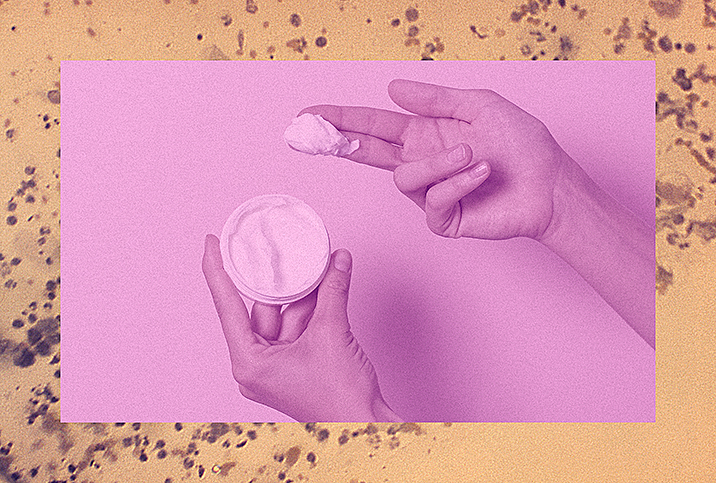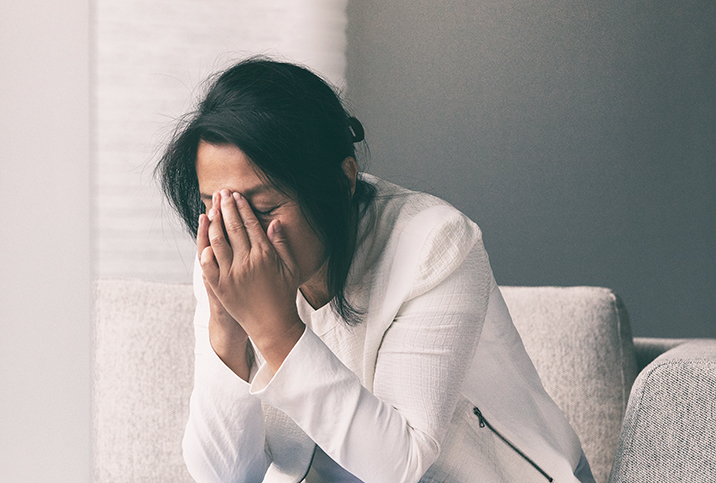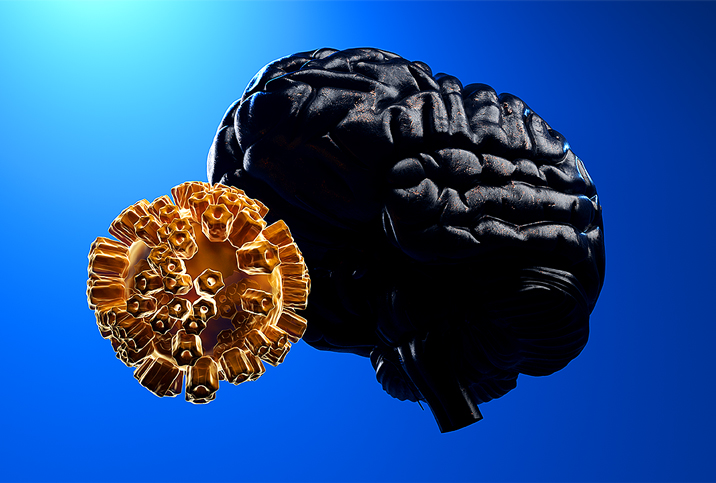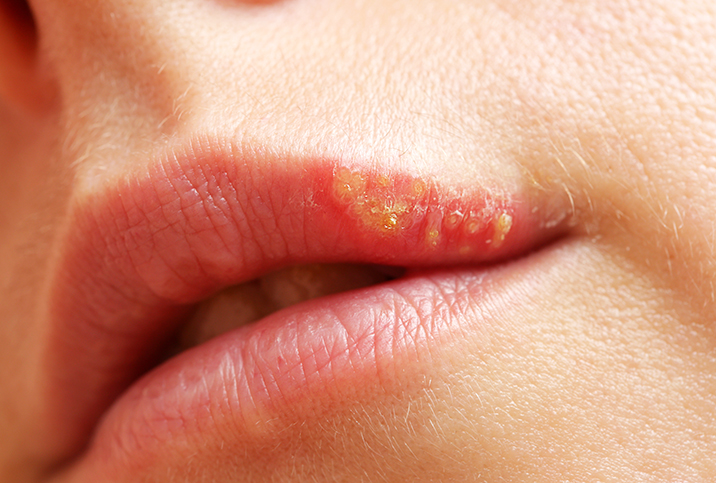I Have a Cold Sore—Now What?
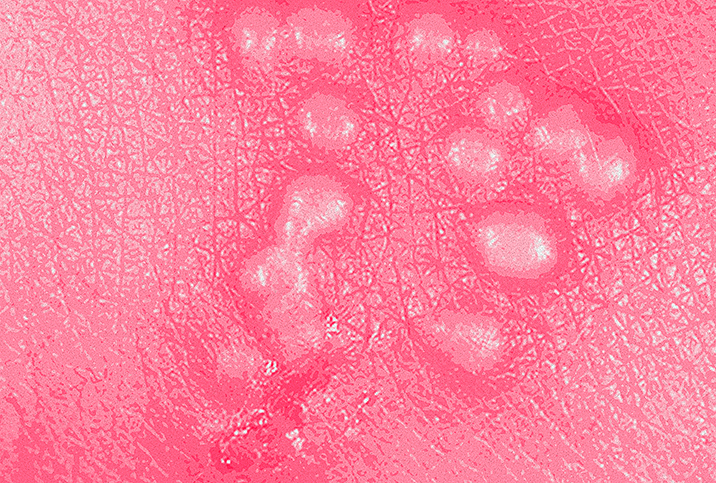
If you’re one of the millions of people who gets cold sores from the herpes virus, you know all too well the familiar tingling on your lip that signals a new flare-up.
While an estimated 50 to 80 percent of U.S. adults have HSV-1 or oral herpes, the virus responsible for causing cold sores, some people never develop any symptoms from the virus. Yet others will have periodic outbreaks of infections throughout their lifetime.
Thankfully, there are a number of ways to treat this common ailment and deal with the emotional stress it may cause.
Treatment tips for cold sores
Though cold sores generally clear up without treatment, some people who deal with recurring breakouts have developed strategies to make their symptoms less intense. *Cristina, a 48-year-old journalist, has been dealing with cold sores since she was 12 years old. She uses the non-prescription antiviral drug Abreva (docosanol cream) at the very first sign of a breakout, right when the tingling starts.
She added that it's important to know what triggers breakouts. “When I get [sores], it’s usually because I haven’t slept,” she said. “I’m a single mom, I work full time and the pandemic has been hell.” Stress, hormonal fluctuations, sun exposure, fevers, illness and surgery are other common triggers.
Carolyn Toney, a herpes advocate and author of the memoir "From Behind the Glitter Curtain," explained that after a first outbreak or positive test, the body takes about a year to get acclimated to the virus, something she feels is too often left out of the discussion. “During that year, most people experience recurring outbreaks,” she said. “I think it is a good time to learn your body and find out what your triggers may be. Some people need to change their diets while others do not.”
Besides over-the-counter drugs, other methods people use to treat cold sores include:
- Prescription antiviral drugs Valtrex (valacyclovir) or Zovirax (acyclovir)
- Products containing lysine, an amino acid shown to improve patient’s subjective experience of cold sores
- Lemon balm, which has been reported to reduce redness and swelling of blistered sores
- Ice, which may slow the development of the sore by decreasing blood flow during that tingling phase
- Essential oils such as peppermint oil show promise in some lab studies
- Aloe vera, which has antibacterial and antifungal properties
- Pain relievers such as ibuprofen or creams with lidocaine or benzocaine
Dealing with the stress of herpes
Cold sores aren’t just a physical nuisance: They can take a mental toll and lead some people to feel ashamed of being noticeably HSV-positive. Despite being incredibly common, herpes still carries a stigma that could be eradicated with more discussion and education around the topic.
It took Cristina years to break through the shame she felt about her condition, which she said was exacerbated by the silence around the virus. To counter this, she doesn’t wear make-up to cover her sores and when people notice them, she’s quick to provide stats on how common the virus is, meaning they walk away less judgmental and more educated. “The fact that we don’t really talk about it bothers me,” she said. “So, I talk about it a lot.”
Like Cristina, Carolyn, who acquired the virus within a monogamous relationship while using condoms, found that being open about her HSV+ status helped her overcome shame and achieve more self-acceptance. “I realized that nothing would change [for the worse] if people knew,” she said. “I wouldn’t have worse outbreaks. I wouldn’t grow horns. So, people knowing allowed me to control the story as well as break the myths."
*Name has been changed for privacy.












